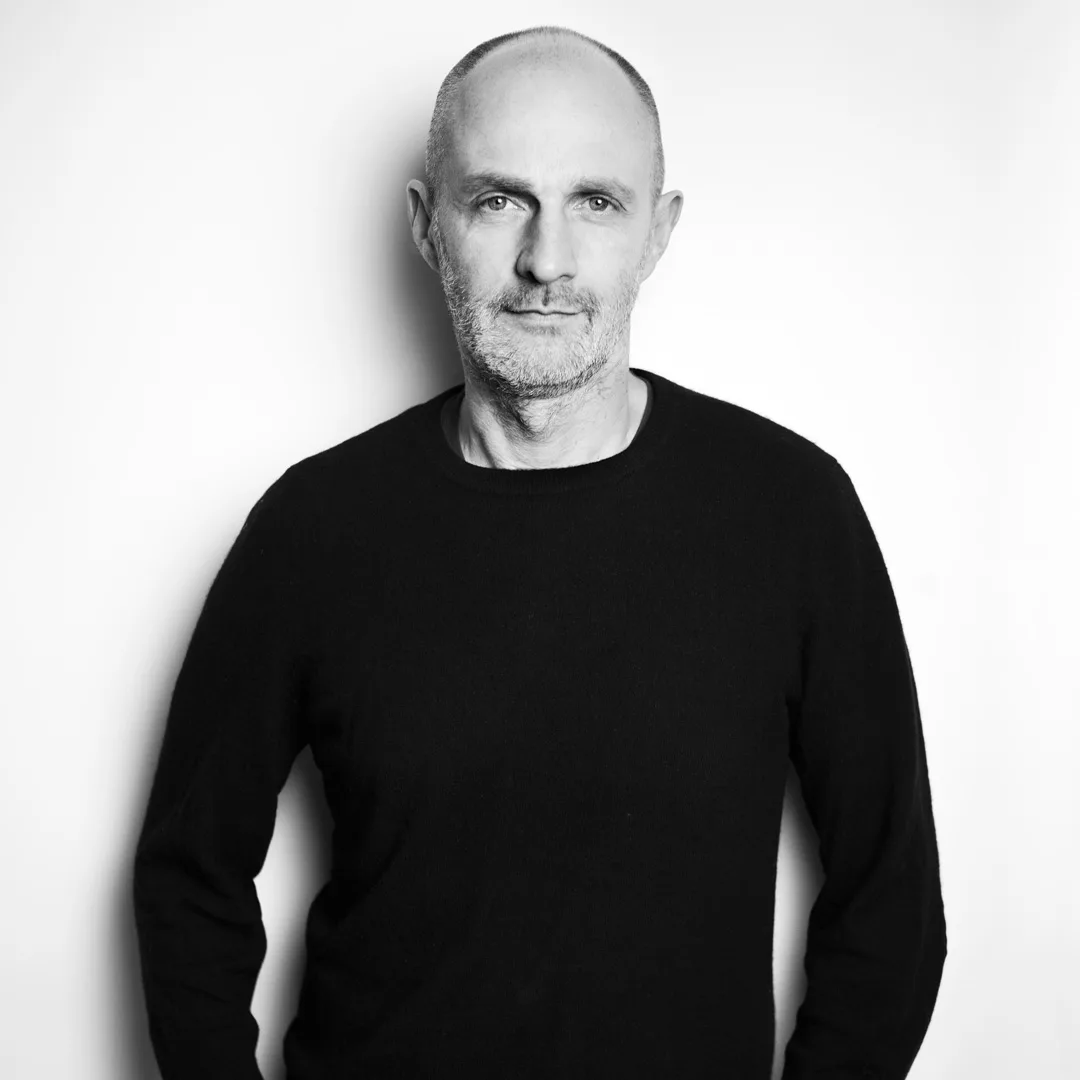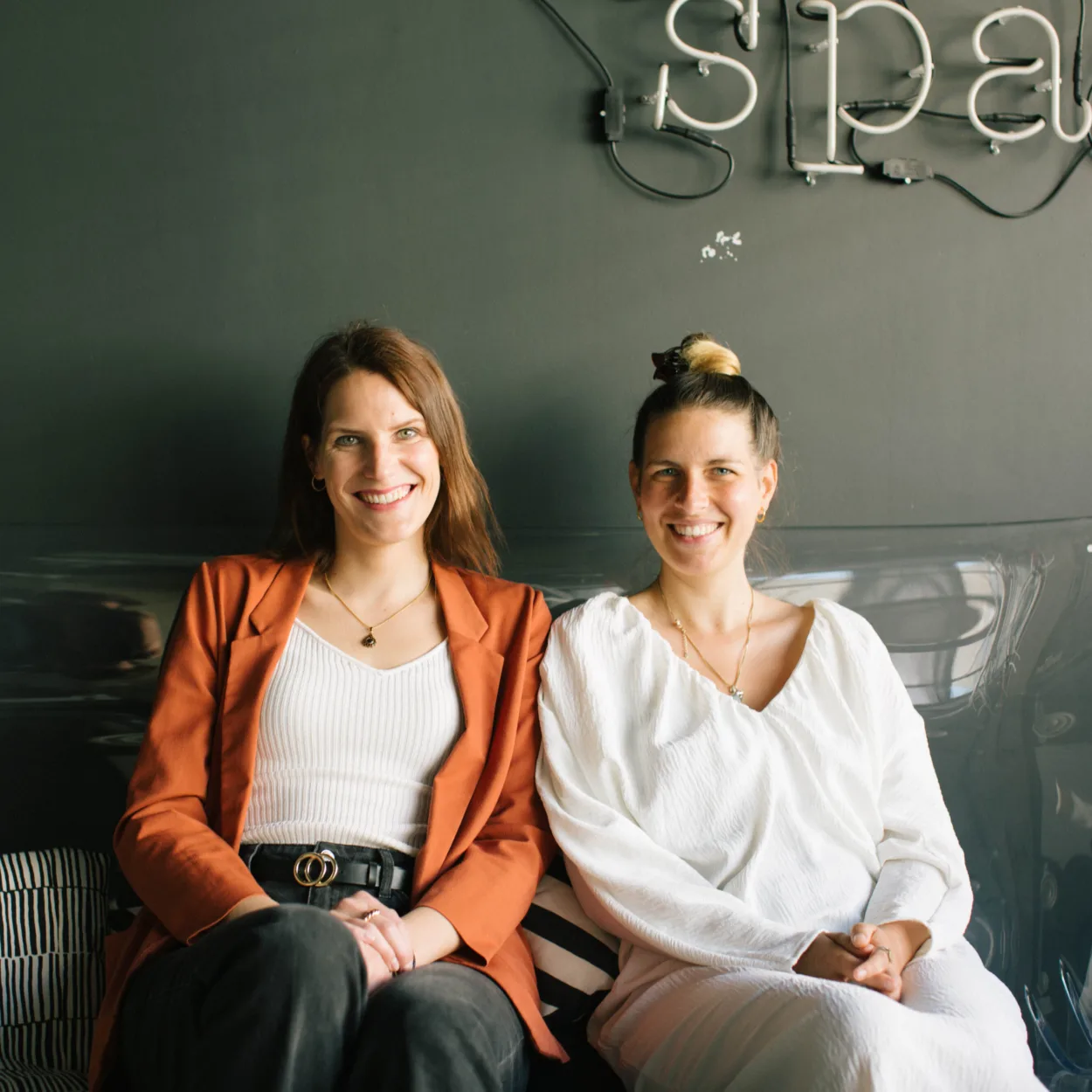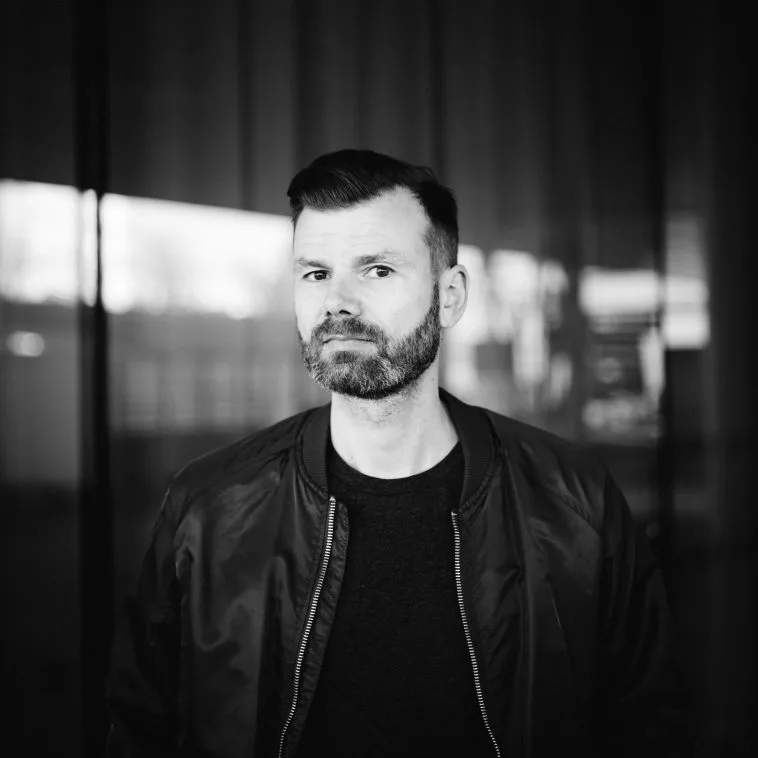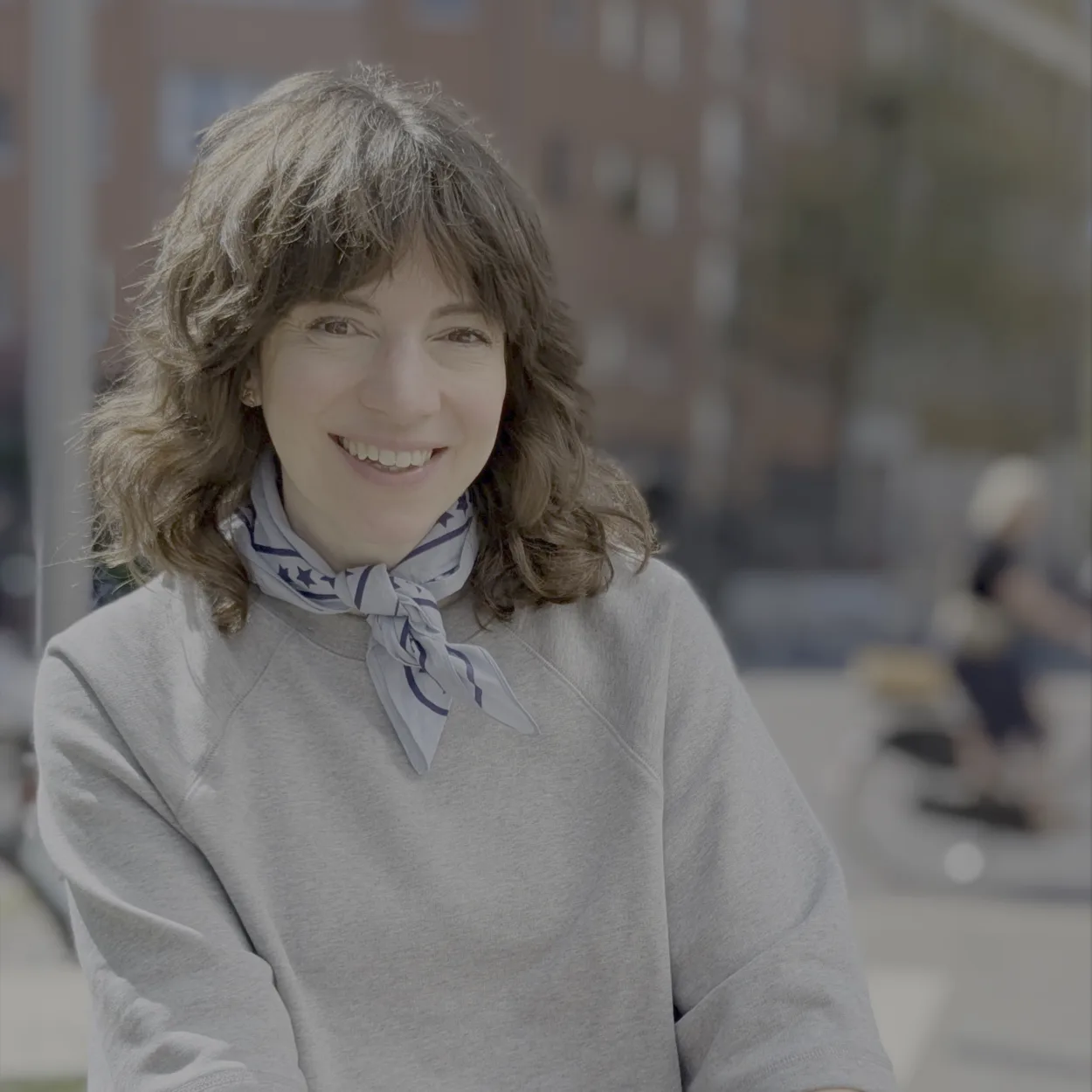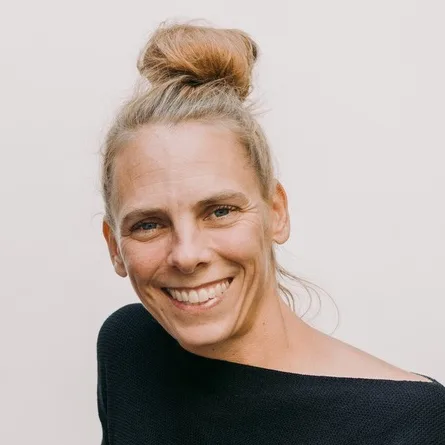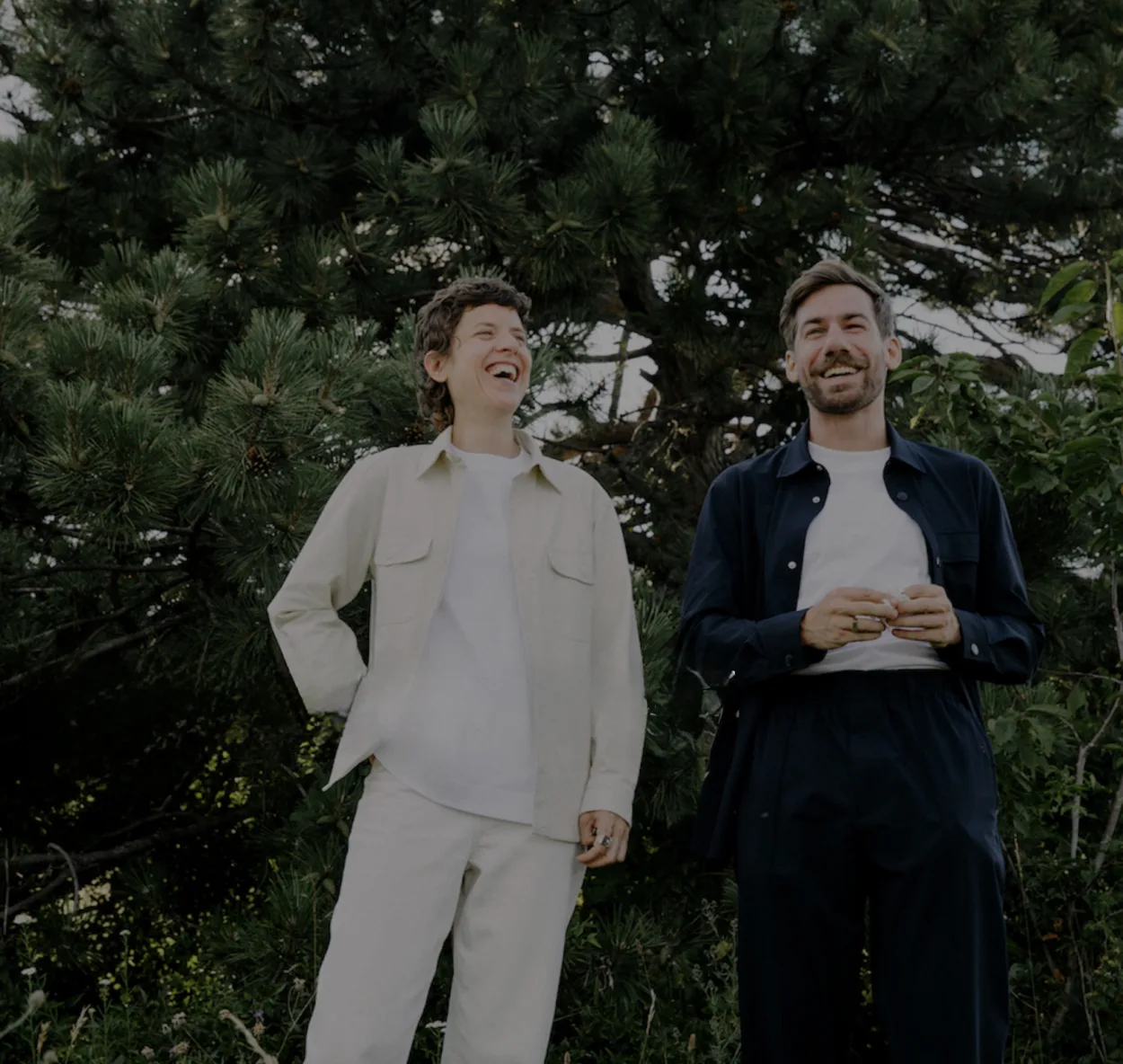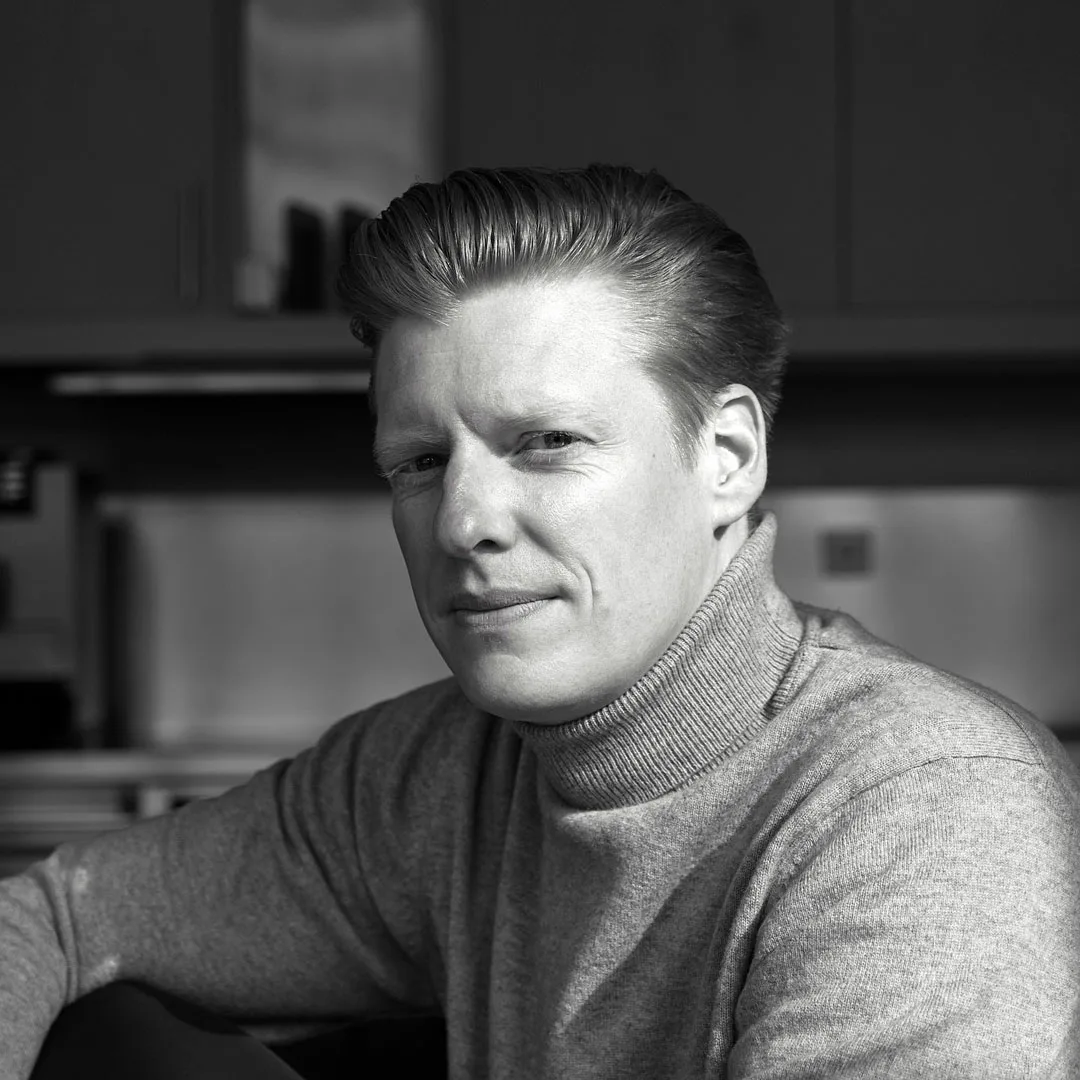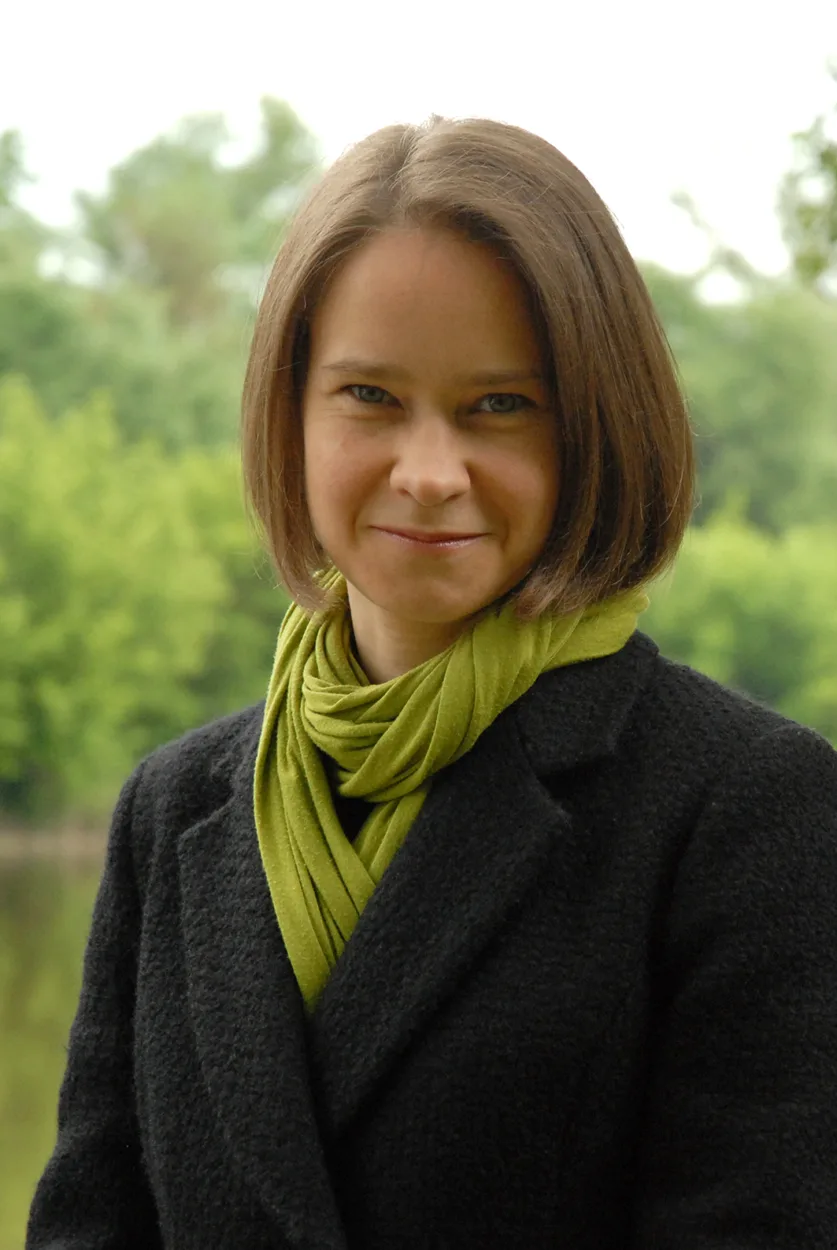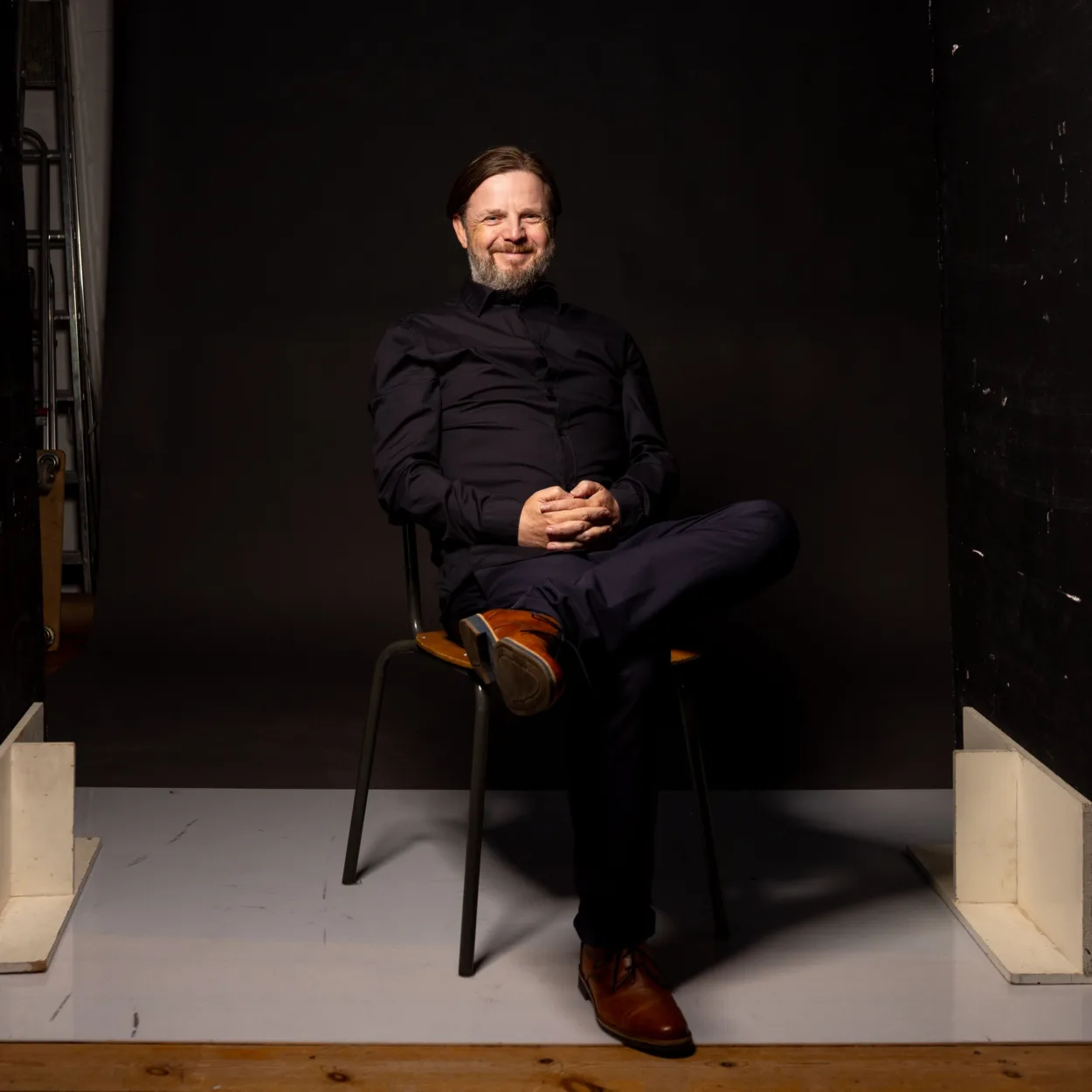We’ve been in dozens of communications and design events, and every time a studio owner goes on stage, the talk is about a case, a campaign, or even about the proprietary methodology they have. But you shared the process of corporate culture’s transformation at the Forward Festivals in Vienna. Why did you choose that?
I’m always obsessed with proposing or doing things differently, right? Since the Base Design corporate culture transformation was designed and implemented by us through our own experience, I thought this topic could be interesting. I started testing it in conferences, and it immediately caught up with audiences everywhere. So, I thought I might have something that could touch designers and creatives worldwide.
And you talk about it with passion.
It’s a topic very dear to my heart. A good presentation happens when you talk about something that touched you as an individual, and you make it accessible to others. What strikes me is how universal this topic is. No matter where I go. Designers, creatives, and people leading agencies are facing exactly the same problems. It doesn’t matter if you are in the States, Europe, or Asia. So people are relating very well to this talk everywhere and in a very similar fashion, although each audience is different.
Speaking of facing problems, you told us in your talk that a former employee’s diagram showing the “Base Design Castle” was the first sign that things needed to change. How was that?
Well, it wasn’t the first sign. It was one of the things that made a click in my mind because sometimes you feel stuff, but you don’t know how to deal with it. That thing was so precise and so simple that it unlocked something. I mean, if you have a studio where the employees see themselves as slaves, you truly have a problem. Did we treat them as slaves? I’m not sure. But it was certainly a trigger to start something.
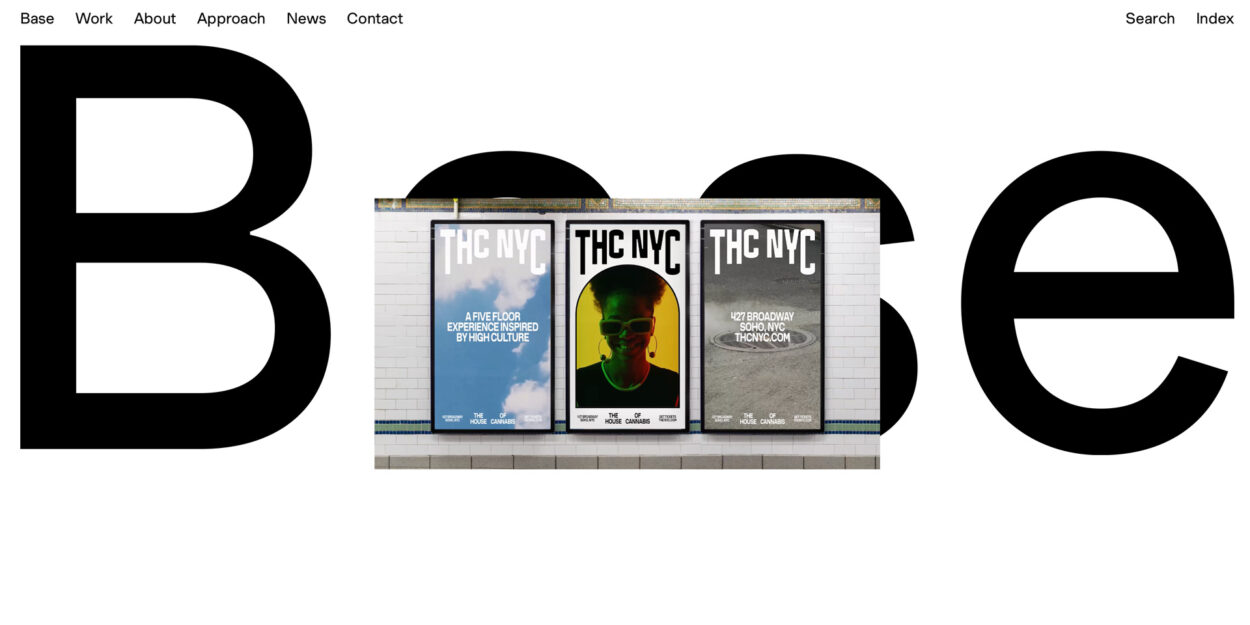
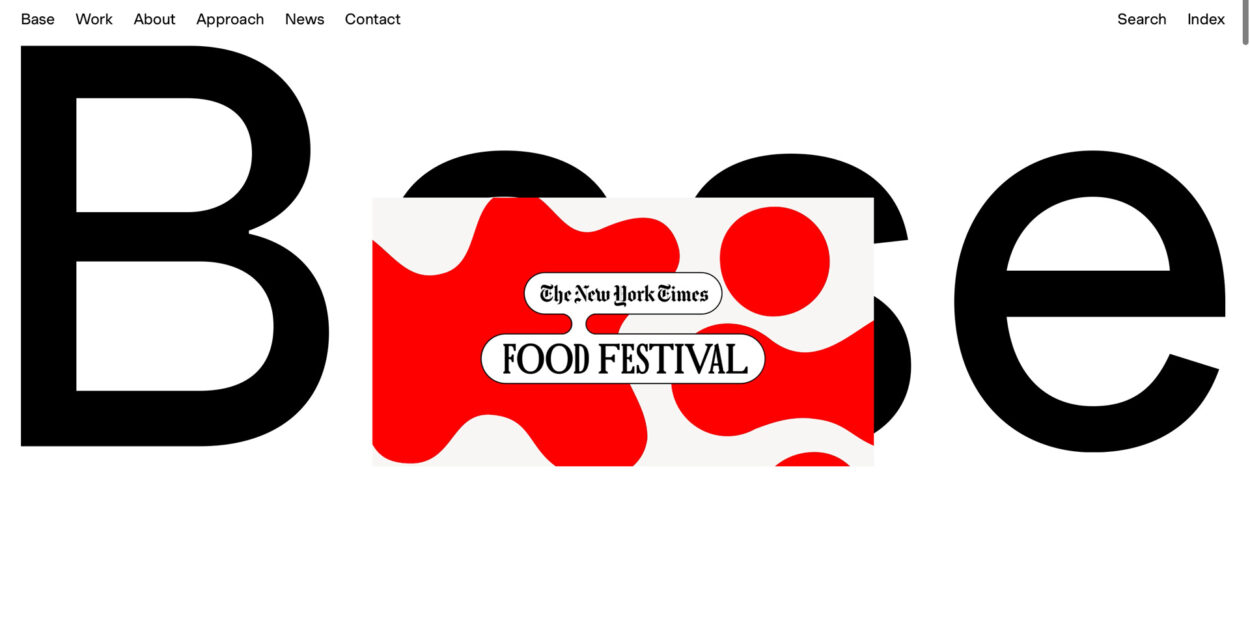
„We were super good at creating studios but extremely good at destroying them. We needed help.“
How did it unfold?
First of all, we wanted a transformation on different levels. It was not only the culture but also the structure, and the organization. Base was already international. We were super good at creating studios but extremely good at destroying them. We needed help. We called upon coaches to help us, some better than others, but all were useful. Whether it’s someone who would help you to structure a company or coach your people, the first question is always, “What do you want with your company?”. And there’s no formula: it has to be tailor-made. You have to shape your vision.
Was that a significant shift?
Suddenly, there was a switch in our heads. We went from “We work with clients and do projects for them” to “Our most important project is our own company, so we need to pick up the right projects, the right clients, and then we transform things.”
This is a whole new level of corporate self-awareness, right?
It coincided with a moment when I had to change as an individual, too. So I was going to the shrink once a week, and I was discovering these whole new territories of understanding who I am, how I behave… It’s a fantastic journey, and it never ends – for me or the company.
You mentioned your partners were very entrepreneurial, needing to expand, and moving fast. So, how difficult was it for you to bring them on board with this new perspective, this idea of nurturing things?
I didn’t have to convince them that much: our everyday life as partners in the company was getting too exhausting. We were running in all directions, taking planes to go from one studio to another. Then you realize that your life is not sustainable, and your company is probably not sustainable, either.
„Then you realize that your life is not sustainable, and your company is probably not sustainable, either.“
It is so challenging to have a perspective in the middle of this.
Exactly. That’s why we agreed we needed to design something to reflect what we wanted in the long term. Suddenly, you’re not thinking about the next day but about the next five or ten years. What company do you want? What life do you want? That was a very personal trigger for me. I wanted to live different days out of that pressure. And it takes time. If you want to change in two weeks, that’s not the right job for you.
It’s a lot of change, and you don’t have exactly a role model to follow, right?
What is extremely interesting is that being a creative professional helps. For example, when you do a project with a client, you need to figure out where you’re going at the beginning. You have to invent. You also accept that the project is changing. You accept chaos. You accept to go back and restart. As designers and creatives, we are wired to think this way. So when you apply that to your own company, it’s okay to say we tried this, but it didn’t work; let’s change it. You have to build up your recipe on a journey of uncertainties and discoveries, which is something we all love as creatives.
You mentioned the change had to go beyond culture; it had to be structural as well.
Sure, we split the work. I was very involved with culture, but Dimitri, for example, did a tremendous job structuring the company and the group, working with lawyers, and all that stuff. It’s a crazy amount of work. The other partners in New York were also 100% involved and contributing to the process. It was a collective effort.
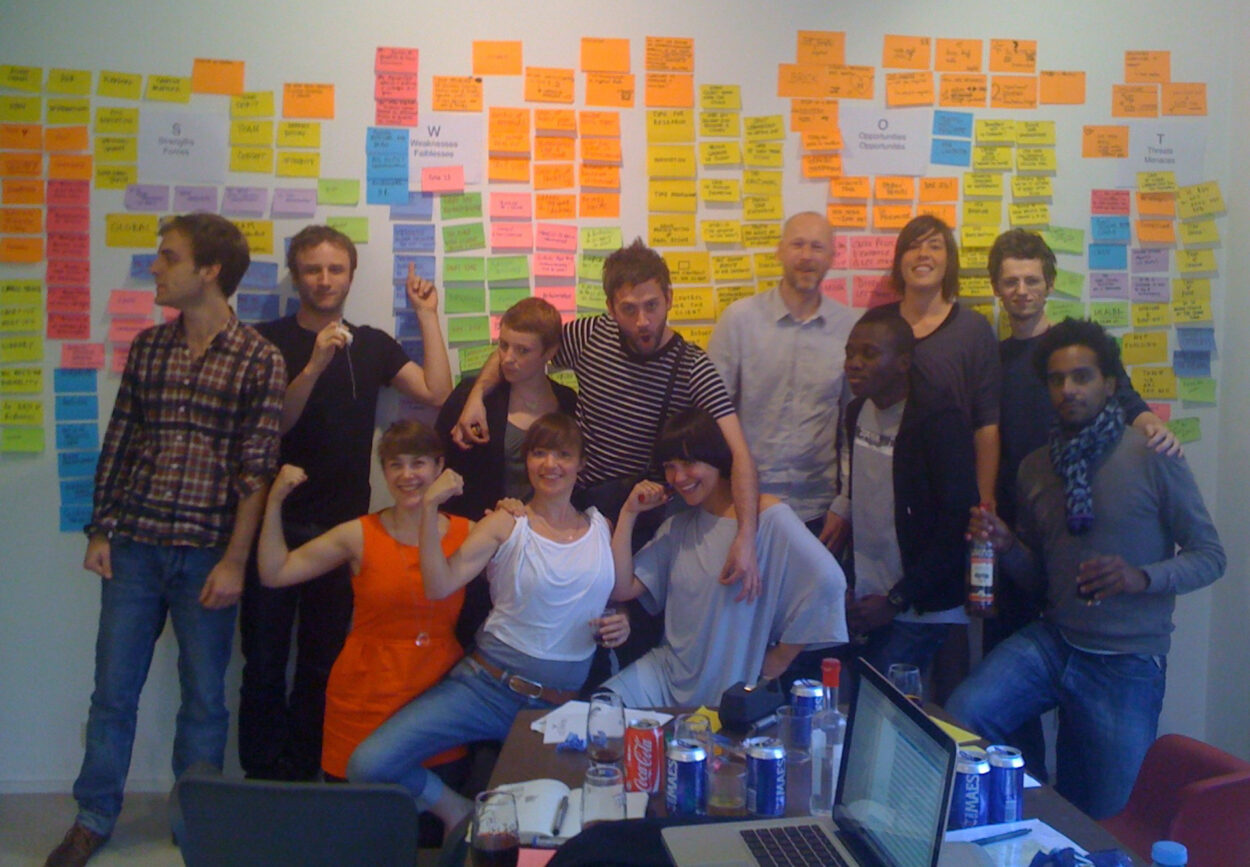
The more I listen to you talking about Base Design, two concepts come to my mind: “self-knowledge” and “boundaries.”
We believe there is something unique in each person or company, and our work is to reveal it. Every client has something different, a way to get there. We are obsessed with this idea, and self-awareness is crucial. Now, about “boundaries,”… I think I would choose “discipline.” It’s funny because normally, people would describe creatives as crazy, with no boundaries, and all, but actually, it’s not true. The best creatives always have a strong discipline, whether in their timings or how they frame the work. I hate when people say, “Let’s think outside the box!” It’s the contrary for me: you must define the box to be creative in the box
What about the idea of not splitting the team between creatives and non-creatives?
This is putting everybody working together on the same level. For example, most of our project managers didn’t study design, but that doesn’t mean they are second-class professionals at the service of the designers. Our Business Developers must come up with things and discuss them with designers, copywriters, or strategists. If you believe this intern is the best person to work with you on this project because they have the knowledge that can lead to something interesting, there you go. This is being creative: using the resources you have in the most clever way. People that are creative but working in a silo alone in front of the computer, those are not interesting for us.
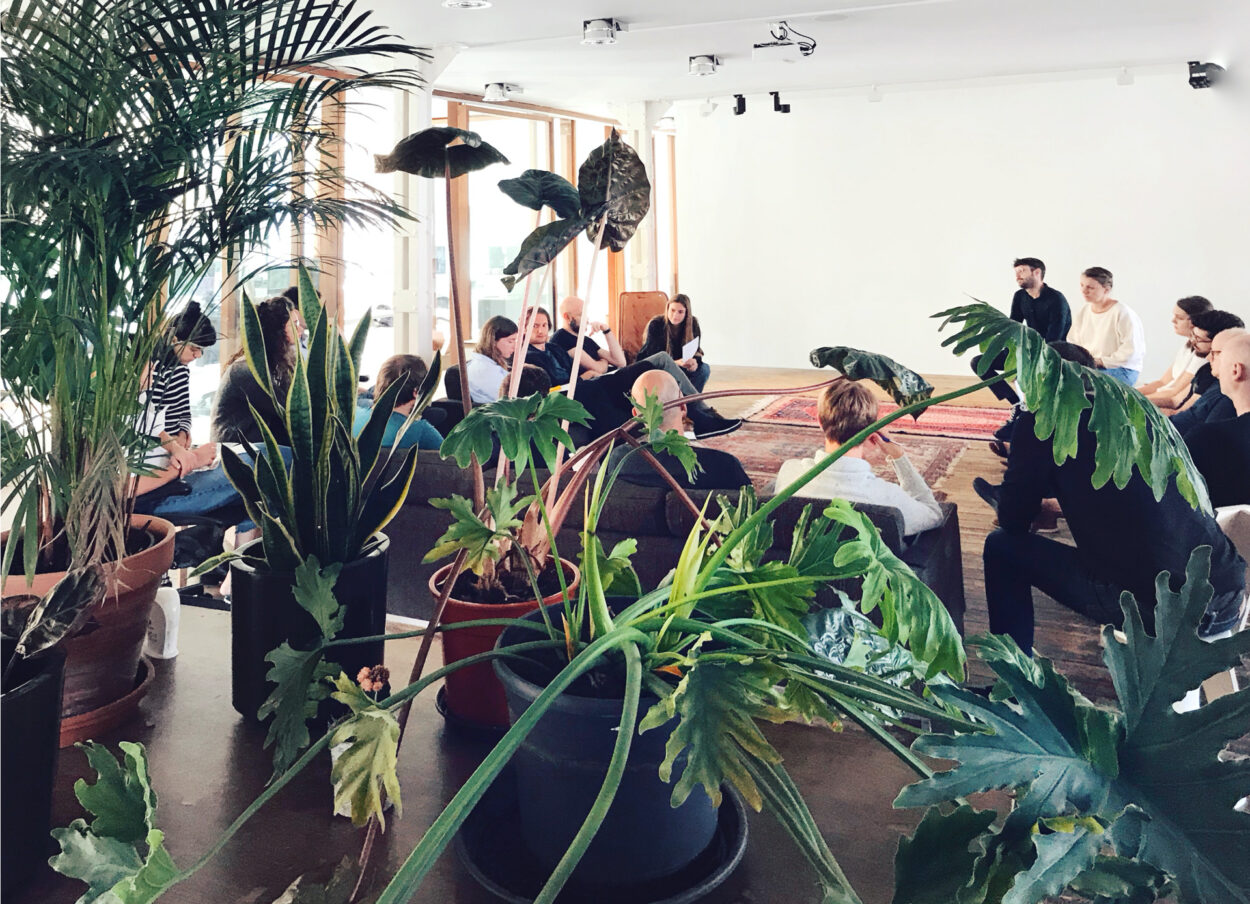
For that, you can have Artificial Intelligence, right?
Yeah, they all are in their own jar, closed. The most interesting people are those who have this capacity to interact with others very well and very fluently, which is what I call “mutual adjustment.” This is key to good work.
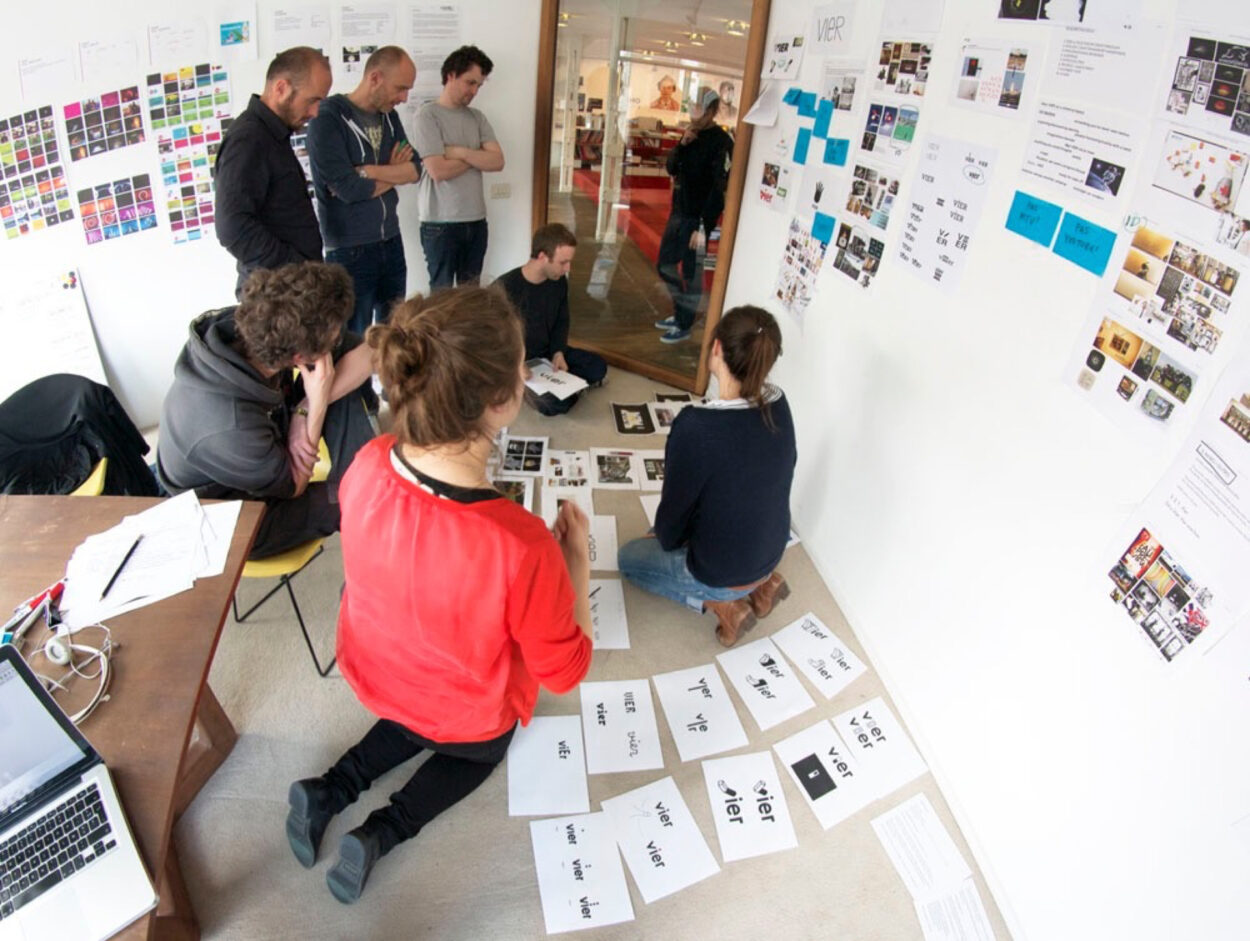
And then there are the rituals. The Challenges of the Week on Monday Morning, the Creative Meeting on Wednesday Morning, the Thursday Lunch every two weeks, and the Friday Afternoon Feedback. They are all fantastic, but I must confess that Thursday Lunch is my favorite. Can you talk a little about it?
Being together around a table is something Dimi and I like, so I guess we started by saying, “OK, we should dedicate one lunch a week when everybody eats together.” Initially, we did it by ordering food, then we even had a catering company, and then we went to the next level: we asked the people of the studio to cook, and then it became immediately natural. It is crazy how important this is here, and now it happens every two weeks. It’s interesting that the Geneva studio picked up immediately, just like Brussels. But in New York, they skip it sometimes. Or they order. But they do recognize that when they do it with cooking and everything, it brings fantastic moments for the team.
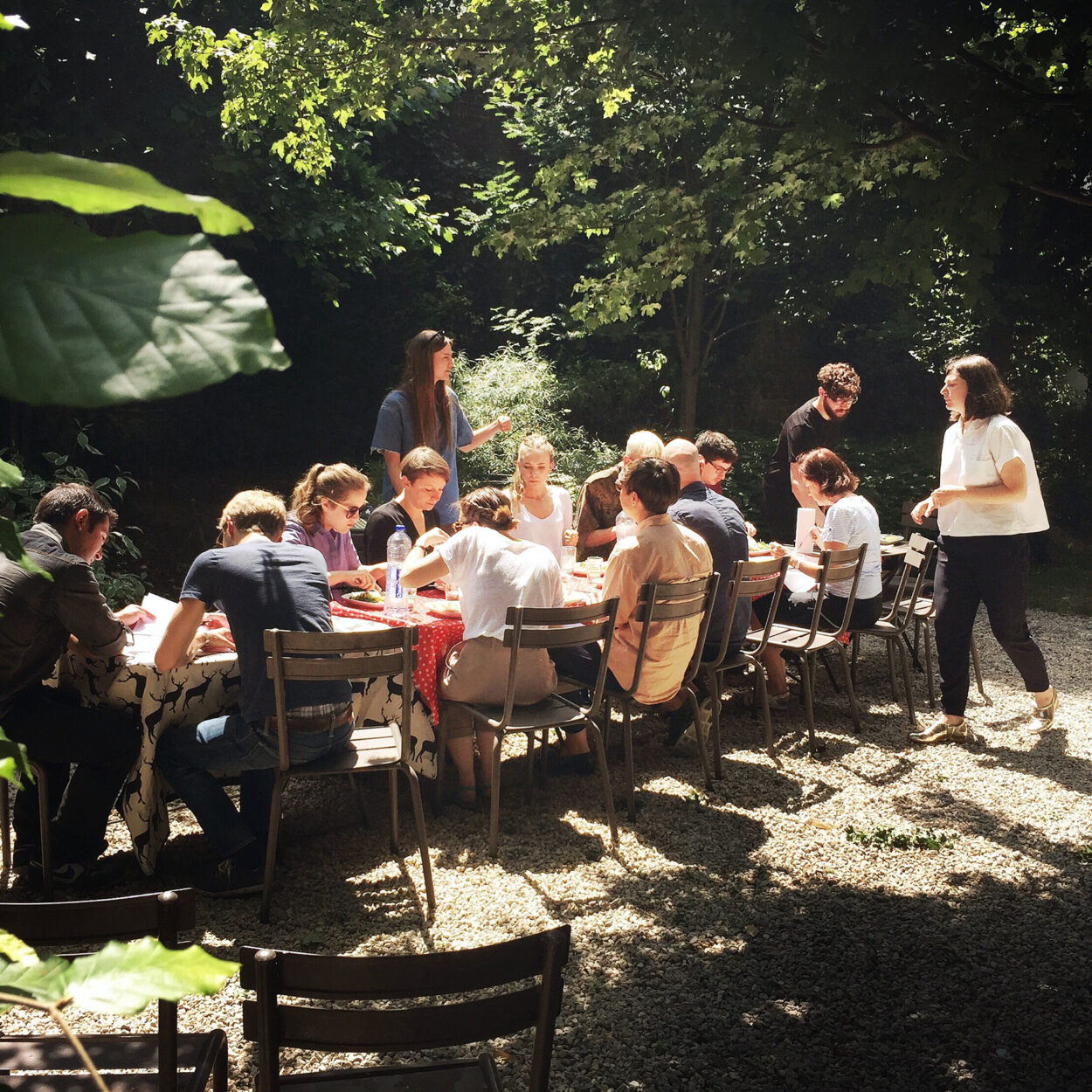
I remember you saying that cooking for your colleagues is an act of generosity. It caught my attention because people are not encouraged to be generous in agencies and studios.
As leaders, we need to encourage that. It’s on us to create those moments. You know life in a creative agency can be tough, it can be extremely stressful on people. It’s not that easy, and it’s still not always easy at Base. So, you need to manage and counterbalance that. You are spending many hours in your working environment, so it better be good, we better be helpful to each other. Then, it becomes fluid and natural in the culture of the company.
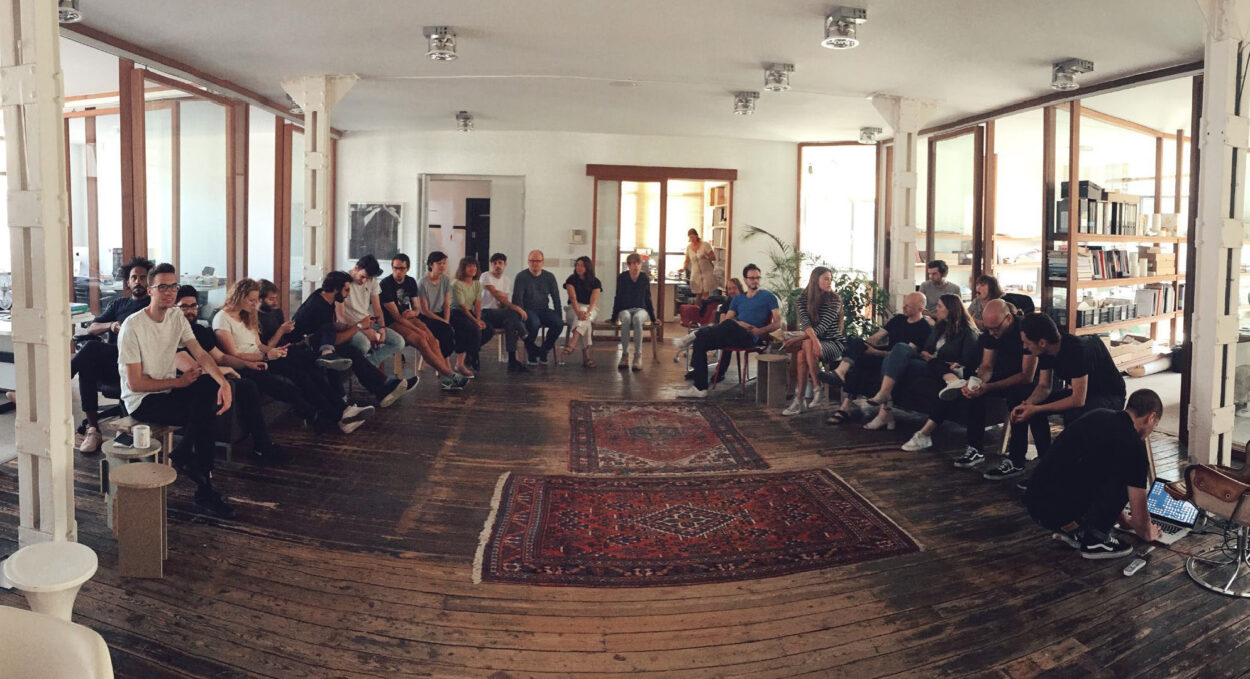
„You are spending many hours in your working environment, so it better be good, we better be helpful to each other.“
And what do you say about creative companies bringing psychologists to the payroll in the name of the employee’s mental health while they still have to work late and keep on being pressured to deliver more and more?
I’m kind of a critic of all this capitalistic “we are going to make a fun place to work” because we care about the mental health and the well-being of our employees. Of course, you need to take care of that, but if the intention behind it is to make people more productive, you’re wrong. It needs to be a genuine intention, which is a benevolent approach to work. Of course, I’m not against people organizing yoga sessions or bringing coaches to learn more stuff and everything. I’m kind of always cautious with this kind of big corporation doing all that basically for one reason, which is increasing productivity at all costs.
You said the structural and cultural transformation of Base took six years to happen, after a history of opening and crashing worldwide. How do you see growth now?
For a year, we have defined a new concept at Base, inspired by a book called Small Giants, by Bo Burlingham. It’s an old book that Vincent Herbert, our Chairman, made us read, and it’s about companies that decided to be great instead of big. It’s about growth and makes us think: do we need to grow at all costs? Or what the business world demands all the time: do we need to be a bigger company? We could have decided, “We need to open two new studios a year,” and that’s exactly what we’re not doing. We need to be profitable, but the main objective is to produce good work, to be what we call an ‘employer of choice,’ and to have a company that has values that every employee feels are true. We’re not there yet, but again, it’s on how to continue to evolve following new patterns. Be sure that we’re producing good work, and be sure that the people are well treated. We are getting the B Corp label at the moment. So it’s all consistent, you see?
Absolutely! Do clients recognize it too?
Some clients probably don’t care about that, but these won’t last long with us. Whenever we work with huge groups, it’s always difficult. They don’t value us, they treat us as one of their agencies. On the other end of the spectrum, there are some fantastic clients that we have since ten to fifteen years, and they’re talking about us to other people. Most of our new clients are coming as referrals, which is pretty great.
Would you tell me a curiosity about the implementation of the rituals?
I remember this one anecdote about the Creative Meeting. We had no team meeting or Thursday Lunch back then, and everybody was complaining that we didn’t have enough moments together. Then I said: let’s create a moment! Let’s start doing creative meetings next week on Wednesday, at 9:30. Well, I was there on time, and nobody showed up.
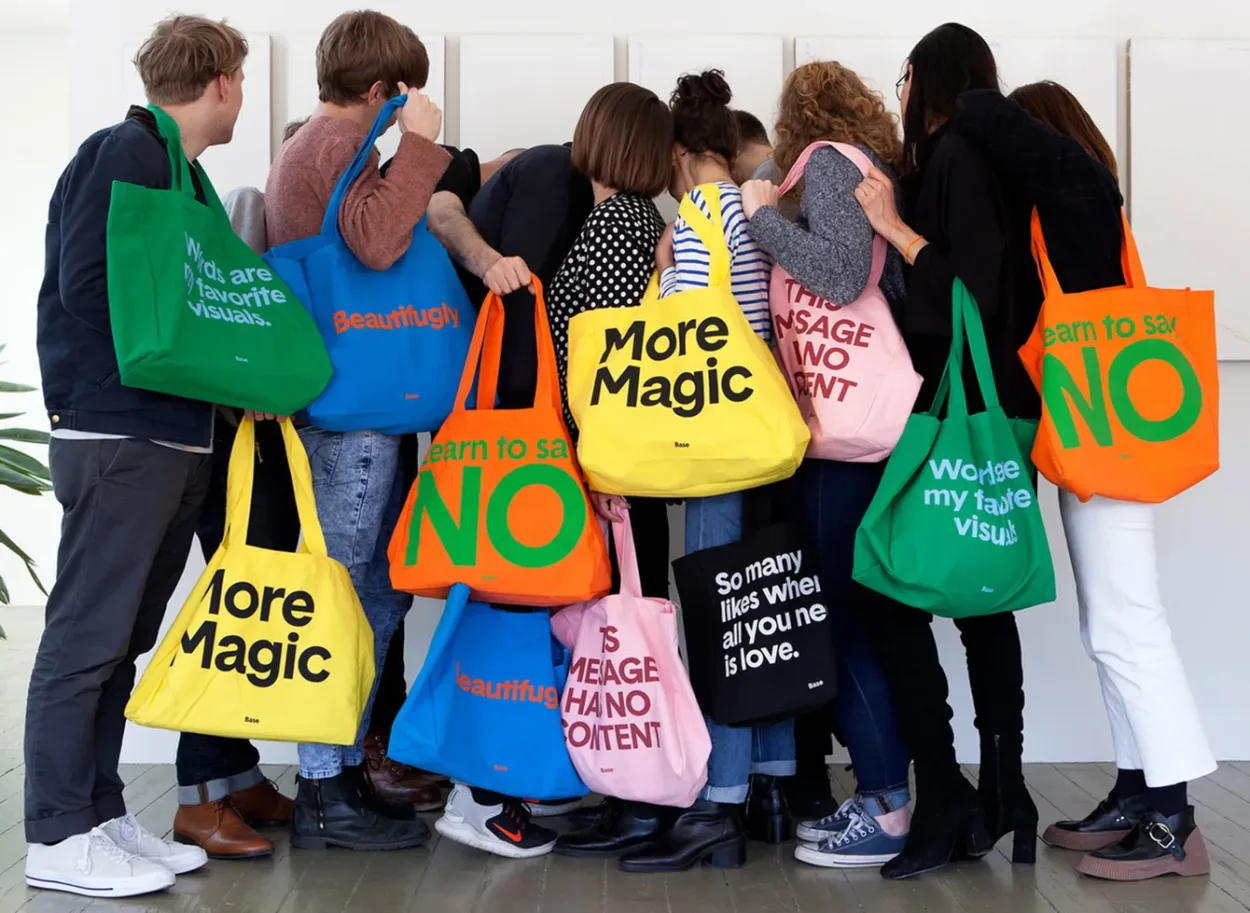
What? No one?
I realized nobody showed up because we didn’t even have the discipline to answer. I waited for thirty or forty-five minutes. Nobody showed up. At that time, I was being coached. So, I brought this to my coach because it was driving me crazy. “Don’t go crazy. Just keep quiet and do the same thing next week”, he said. So I sent a new invitation for next Wednesday, 9:30. I was there on time, and after five or ten minutes, someone showed up and said, “Oh, but you really meant it?”. They thought it wasn’t real. “I was waiting for you”, I said. That day, three people came, and I understood that was the way. Being persistent, not going mad, not forcing people to come: they have to understand you mean it, that this is something you care about. That was also how I found out that sometimes people are still not ready for what they’re asking.
And today, the Creative Meetings are sacred.
I remember our digital director once told me, “You know what, in the beginning, I was like, WTF is this, it looks like group therapy. After two months, I realized it was the best moment of the week.” That’s it: you cannot force it. They have to want to be part of it. I was angry nobody showed up back then, but I knew if I reacted in an explosive way, I would get even worse results.
Thierry, what were the hardest times of Base?
It was around 2008 when we had studios in Brussels, New York, Madrid, and Barcelona. Because of the changes we were doing in our company, we were being coached, restructuring, working, and facing a financial crisis simultaneously. We made many mistakes in management. We crashed two studios in Spain, which was awful because we had to lay people off. You love the team you work with, you have to fire them, and you have to close something you created. That was when we were the closest to bankruptcy, of closing everything. You’re losing people, and everything becomes a fight between the partners because “it’s your fault, and you did this and that.” But somehow, we got all together, the partners and the teams, with the help of external people like crisis managers, and we could rebuild. When you go through that point, everything that follows can only be better. It helped us to become a healthier company.
„I believe the strength of being young is not knowing.“
Which advice would you give to young Thierry?
When you start your company in your early 30s, the beautiful thing is that you are naive, and that’s a strength. There are many things you don’t know, therefore, you take all the risks, you make all the mistakes, and that makes you super good. Actually, it makes you super strong. So I wouldn’t say, “Hey, be careful with this and that.” I’m not mad at young Thierry at all. I think it was all necessary. It was great to be this young Thierry, this young Dimitri, and this young crew of crazy people. When we started the studio in New York, for example, it was just Geoff there, calling us, “Hey, guys, what you do in Brussels is great, why don’t we do it here?” and we were like, “Yeah, sure!”. We started in Geoff’s bedroom, the computer on the side of his bed. We were totally innocent and so full of energy. But if I knew what I know now, I would’ve said no all the time. Everything is too risky, too dangerous. I believe the strength of being young is not knowing.
